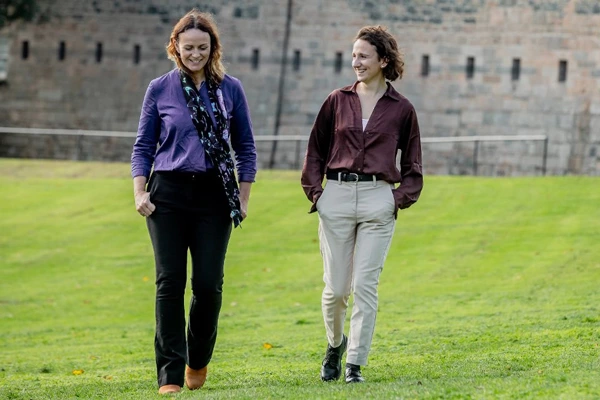A strategic plan for change
We spent 2022 working hard to put in place the foundations to deliver on this Strategy - including a sustainability framework and new science-based carbon emissions reporting process which aligns with best practice international guidelines.
Our focus for 2023 and beyond is all about delivery. We know our targets are ambitious, we cannot role model Net Zero if we don’t set our ambitions high. We shall report against our progress annually so that you can see how we are doing, be it highs or lows, and our plans where we need to improve our performance.
At the core of this Strategy is our commitment to deliver products and services to our customers and the islands of Guernsey, Jersey and the Isle of Man that offer value, purpose and support the Islands in finding an affordable and achievable way to meet Net Zero by 2050. We look forward to sharing our journey with you!

Sustainability
strategy
Sustainability
policy

Your sustainability
questions answered
- Reduce your energy consumption: Using less energy reduces your carbon footprint and helps to conserve natural resources.
- Reduce your water consumption: Install water-saving shower heads and taps to reduce the amount of water used in your home. Repair any leaks promptly and collect rainwater for outdoor use.
- Use eco-friendly products: Choose eco-friendly products when shopping for cleaning products, toiletries, or other household items. These days, eco-products in shops are often labelled as such, so you can tell if they’re environmentally friendly, biodegradable, or made from sustainable materials.
The United Nations' Sustainable Development Goals
The SDGs are a set of 17 global goals adopted by the United in 2015. The goals aim to solve all kinds of problems, from gender inequality to climate change.
These goals are the international standard for sustainability, so if we measure our progress against them, we can be sure of our own sustainability. Here is the full list:
- No Poverty
- Zero Hunger
- Good Health and Well-being
- Quality Education
- Gender Equality
- Clean Water and Sanitation
- Affordable and Clean Energy
- Decent Work and Economic Growth
- Industry, Innovation and Infrastructure
- Reduced Inequalities
- Sustainable Cities and Communities
- Responsible Consumption and Production
- Climate Action
- Life Below Water
- Life On Land
- Peace, Justice and Strong Institutions
- Partnerships for the Goals
Your carbon footprint is the total amount of greenhouse gases that are emitted into the atmosphere as a result of your activities.
Whether it be the car you drive, the gas you use to heat your home or the Sunday dinner you eat, all your activities have a carbon footprint.
While it might not seem like you personally create many emissions, your carbon footprint takes into account all the energy it costs to produce any product you consume.
Basically, your carbon footprint is way of measuring the impact your choices have on the environment.
ESG is an acronym that stands for Environmental, Social, and Governance.
It is used as a framework for measuring the sustainability and ethical impact of a company's operations.
As a part of our 2023 Sustainability Strategy, we have laid out our approach to ESG in detail.
With these core values, we’re always assessing how we can reduce our impact on the environment, help to build strong sustainable communities, and have meaningful collaborations with our island governments on energy policy.
Over the next year we'll be increasing the amount we report on our ESG targets.
latest news

Introducing MyAccount: an upgrade to our online services for all islands
Read Full Story
Islands Energy Group pledges to become a Net Zero business by 2050
Read Full Story
